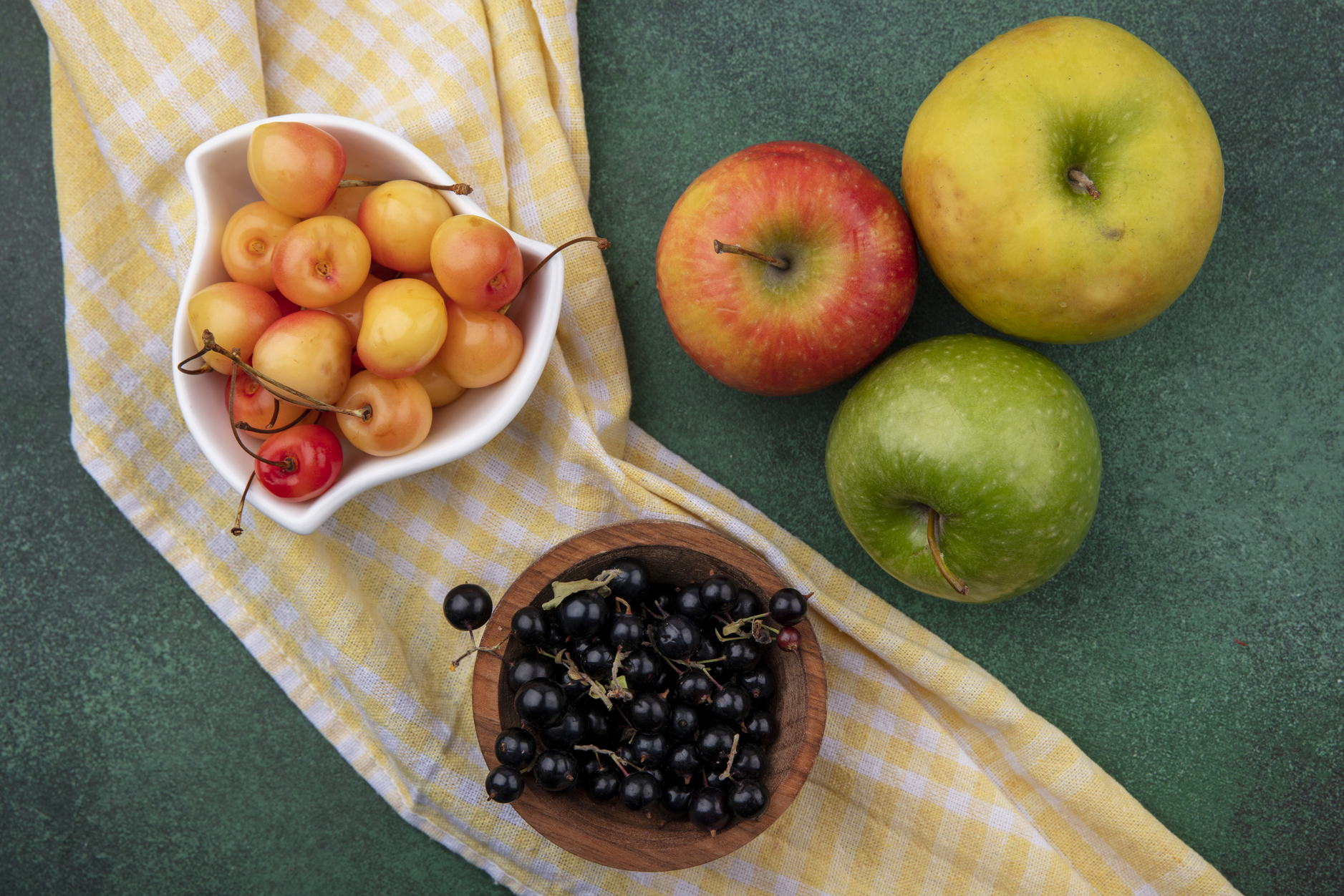

Eating plant-based meals high in flavonols, which are nutritional chemicals, can reduce your risk of developing frailty. Foods containing flavonoids called quercetin, such as apples and blackberries, may be the most significant for frailty prevention.
Frailty, a geriatric syndrome that increases the risk of falls, fractures, disability, hospitalization, and mortality, affects 10% to 15% of older persons. Protein consumption is the primary emphasis of current dietary advice for frailty prevention. However, there are numerous additional foods that may be beneficial to one’s health.
“There may be some validity to the old saying, an apple a day keeps the doctor (or frailty) away,” said the authors. “Our findings suggest that for every 10 mg higher intake of flavonols per day, the odds of frailty were reduced by 20%. Individuals can easily consume 10 mg of flavonols intake per day since one medium sized apple has about 10 mg of flavonols.”
“Although there was no significant association between total flavonoid intake and frailty, higher flavonols intake (one of the subclasses of flavonoids) was associated with lower odds of developing frailty. Specifically, higher quercetin intake was the flavonoid that had the strongest association with frailty prevention. This data suggests that there may be particular subclasses of flavonoids that have the most potential as a dietary strategy for frailty prevention,” said co-author Shivani Sahni, Ph.D., of Department of Medicine, Beth Israel Deaconess Medical Center, Harvard Medical School, and the Hinda and Arthur Marcus Institute for Aging Research, Hebrew SeniorLife; and Courtney L. Millar, Ph.D., of the Department of Medicine, Beth Israel Deaconess Medical Center, Harvard Medical School, and the Hinda and Arthur Marcus Institute for Aging Research, Hebrew SeniorLife.
Future study should focus on dietary therapies with flavonols or quercetin for the treatment of frailty, according to the authors. There is also a need for research with racially and ethnically diverse subjects.
The findings were published in the American Journal of Clinical Nutrition article, “Higher Intake Of Dietary Flavonols, Specifically Dietary Quercetin, Is Associated With Lower Odds Of Frailty Onset Over 12-Years Of Follow-Up Among Adults In The Framingham Heart Study.” This is one of the first community-based studies that comprehensively examined the role of dietary flavonoids for frailty prevention.
more recommended stories
 T-bet and the Genetic Control of Memory B Cell Differentiation
T-bet and the Genetic Control of Memory B Cell DifferentiationIn a major advancement in immunology,.
 Ultra-Processed Foods May Harm Brain Health in Children
Ultra-Processed Foods May Harm Brain Health in ChildrenUltra-Processed Foods Linked to Cognitive and.
 Parkinson’s Disease Care Advances with Weekly Injectable
Parkinson’s Disease Care Advances with Weekly InjectableA new weekly injectable formulation of.
 Brain’s Biological Age Emerges as Key Health Risk Indicator
Brain’s Biological Age Emerges as Key Health Risk IndicatorClinical Significance of Brain Age in.
 Children’s Health in the United States is Declining!
Children’s Health in the United States is Declining!Summary: A comprehensive analysis of U.S..
 Autoimmune Disorders: ADA2 as a Therapeutic Target
Autoimmune Disorders: ADA2 as a Therapeutic TargetAdenosine deaminase 2 (ADA2) has emerged.
 Is Prediabetes Reversible through Exercise?
Is Prediabetes Reversible through Exercise?150 Minutes of Weekly Exercise May.
 New Blood Cancer Model Unveils Drug Resistance
New Blood Cancer Model Unveils Drug ResistanceNew Lab Model Reveals Gene Mutation.
 Healthy Habits Slash Diverticulitis Risk in Half: Clinical Insights
Healthy Habits Slash Diverticulitis Risk in Half: Clinical InsightsHealthy Habits Slash Diverticulitis Risk in.
 Caffeine and SIDS: A New Prevention Theory
Caffeine and SIDS: A New Prevention TheoryFor the first time in decades,.

Leave a Comment